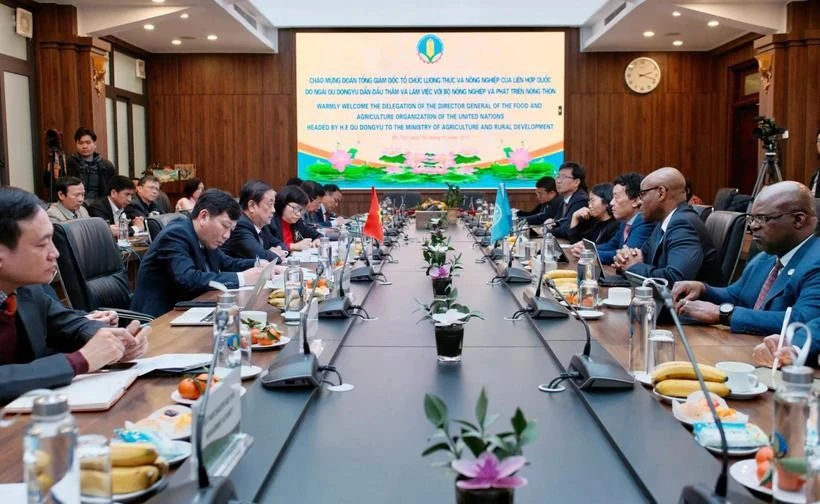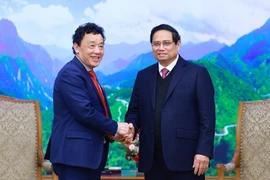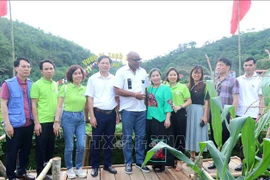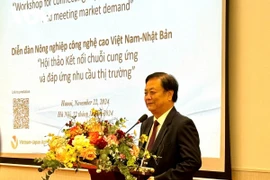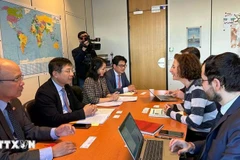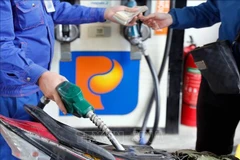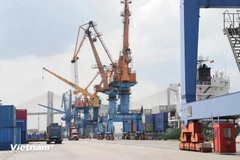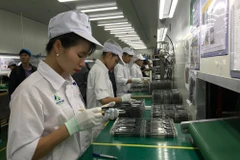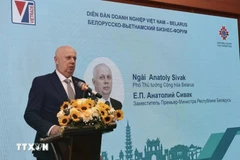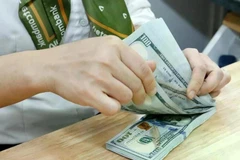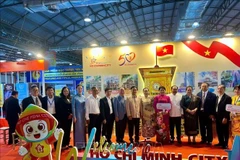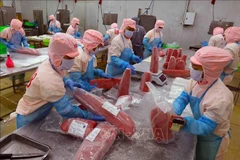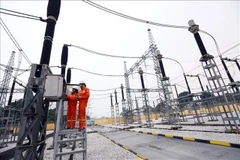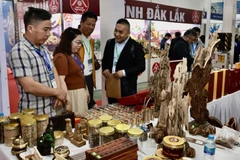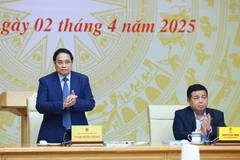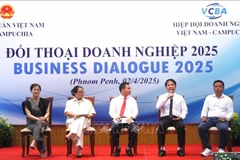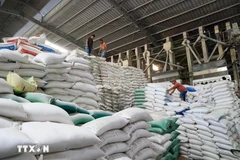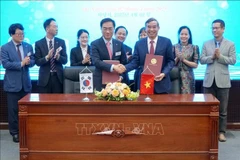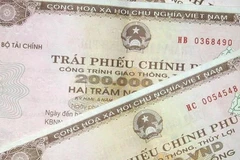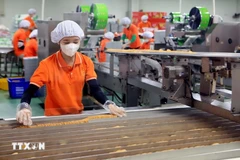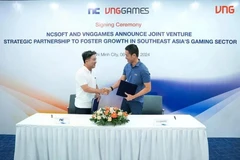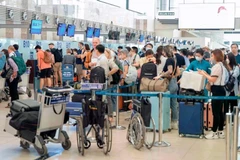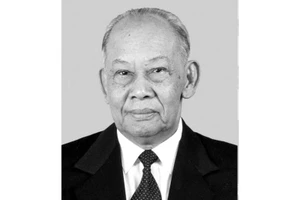Hanoi (VNA) – As the agricultural sector faces numerous challenges, including declines in international assistance, the United Nations Food and Agriculture Organisation (FAO)’s support is highly essential for regional and global projects, programmes, and initiatives, along with direct cooperation with Vietnam.
So said Minister of Agriculture and Rural Development Le Minh Hoan at a working session with a high-ranking FAO delegation in Hanoi on February 6.
FAO an important partner of Vietnam’s agricultural sector
At the meeting, Hoan affirmed that FAO is an important partner among the UN’s technical cooperation agencies and international organisations for Vietnam's agriculture and rural affairs sector.
The Government and farmers of Vietnam highly appreciate FAO's effective support for more than 45 years through over 400 projects on sustainable agricultural, forestry, and fisheries development. This support includes technical assistance, financial aid, and human resources training for the country's agricultural sector, helping to stabilise people's livelihoods and promote socio-economic development, he noted.
In 2024, the sector continued to assert its critical role as a pillar of support for the economy. It contributed to food security, social stability, livelihoods for over 60% of the rural population, 11.86% of GDP, and job creation for nearly 30% of the workforce.
The minister said that the active contributions by international partners and friends, including FAO, throughout the development process of Vietnam’s agricultural sector have greatly helped Vietnam realise the Sustainable Development Goals for 2030, particularly Goal 1 (eradicating extreme poverty for all people everywhere) and Goal 2 (creating a world free of hunger).
FAO Director-General Qu Dongyu emphasised that a shift in mindset is the key factor for achieving breakthrough changes in Vietnam's agricultural sector.
The country is restructuring agriculture towards higher added value, sustainable development, and adaptation to new trends such as trade liberation as well as climate change and food loss control. The plan to develop 1 million hectares of high-quality, low-emission rice in the Mekong Delta by 2030 is helping to gradually shape a specialised farming zone, improve farmers’ income, and reduce greenhouse gas emissions.
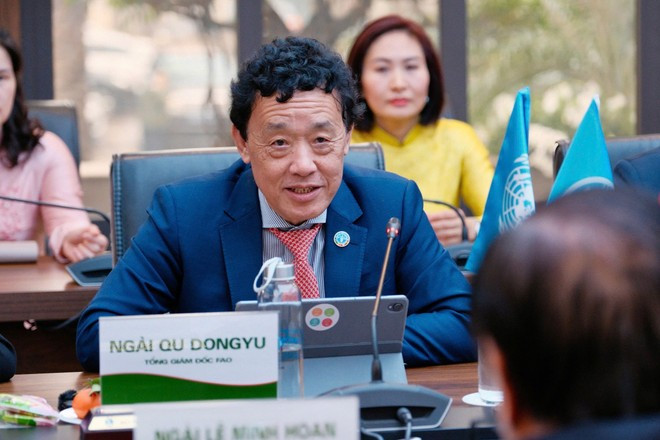
Qu praised the plan, recommending that following the initial success in greening the rice sector, Vietnam should expand this model to other sectors of agriculture, along with forestry and fisheries.
Bolstering South – South agricultural cooperation
The MARD proposed cooperation areas for the time ahead, including building specific cooperation projects and programmes. The aim is to attract funding from sponsors and climate finance funds for sustainable rice cultivation, fisheries, animal husbandry and forestry, efficient resource use, and biodiversity conservation. It also suggested the FAO aid in transforming the food system towards transparency, responsibility, and sustainability, and promote the private sector’s engagement in investing and developing ecological and low-emission agriculture.
Vietnam hopes the FAO will share international experiences to improve the application of digital technology and scientific – technological advances across the agricultural value chain, Hoan noted.
He called for assistance in building capacity, especially in the fields of eco-farming, agro-tourism, and the management of epidemics, natural resources, and cross-border water resources. He also asked for FAO’s help with developing a food innovation centre of Vietnam.
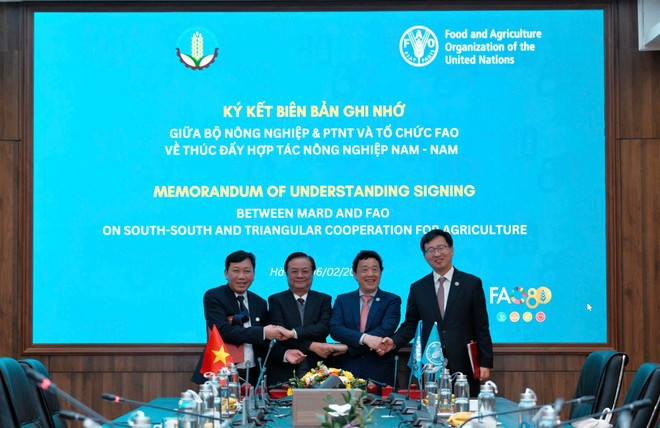
Vietnam is ready to share its experiences with other countries in agricultural and rural development through South – South cooperation programmes (a form of cooperation aimed at boosting development through sharing experience, practices, and technology among developing nations) and trilateral partnerships with the support of bilateral and multilateral international partners, the minister stressed.
He proposed the FAO act as a bridge to mobilise funding so that Vietnamese agricultural experts can guide, create demonstration models, and share experiences with African countries through South – South cooperation.
Hoan affirmed that Vietnam is also willing to establish a South – South cooperation centre for the Asia-Pacific region.
On this occasion, the MARD and FAO signed a memorandum of understanding on South – South agricultural cooperation.
For his part, the FAO Director-General said that the organisation is ready to support Vietnam with deeper involvement in South – South cooperation, as this will benefit not only Vietnam but also countries in the Southern Hemisphere./.
